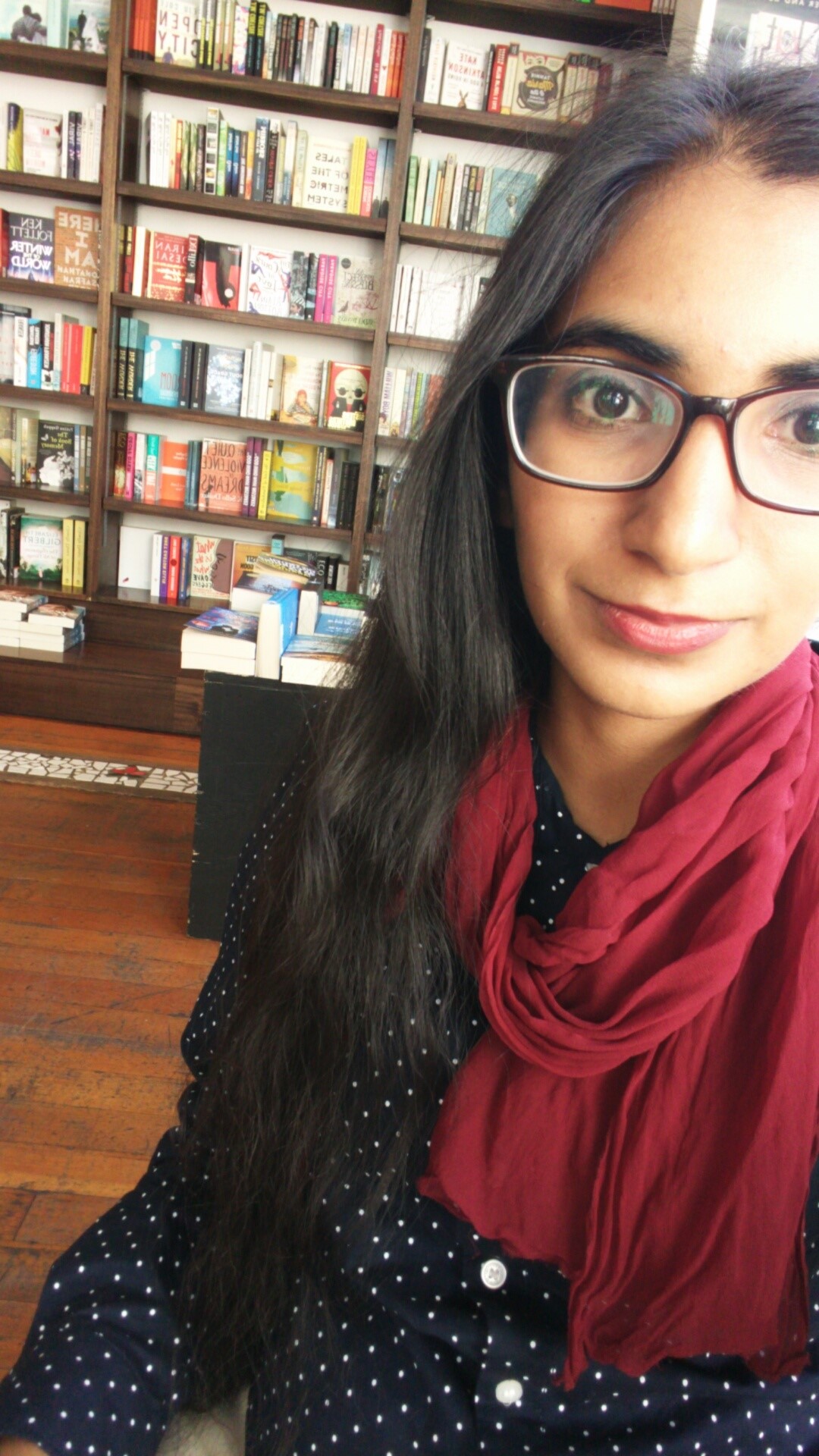GAM 2018 Blog
- Published: Saturday, April 14 2018 09:00
By Munira Hoosain
In the past, astronomy’s place in society was well understood. We relied on the moon and positions of stars to determine our calendars, we tracked the movements of planets and drew inspiration from the Milky Way. We raced to be first on the moon as a sign of progress and power. Astronomy has been part of our culture since we first looked up at the night sky.
But lately, I’ve found that many astronomers make the mistake of believing that because the objects and concepts we study exist in a vacuum, our science does as well. I’ve seen this isolation cause deep misunderstandings of science and its place in society – from both scientists and non-scientists.
We need to understand the impacts of the telescopes we build, how we’re teaching and training the next generation of astronomers and how new discoveries can either inspire or confuse. Something that I’ve learnt at the Office of Astronomy for Development is that looking past the lines we’ve drawn between science and the rest of society opens a universe of possibilities to improve both the science we do and the world we live in.
Every year, the OAD funds hundreds of projects across the world that use astronomy to contribute to development. This is guided by the UN’s Sustainable Development Goals – to use astronomy for a better world. These projects can be as simple as training university students in big data and machine learning, improving infrastructure for rural communities around observatories, inspiring young children to look beyond deeply entrenched political divides or making astronomy accessible for all.
What’s striking about these projects is that the people behind them are passionate about improving the world in some small way. They often require collaborations between people from other fields – computer scientists, social scientists, teachers, and community leaders – as well as astronomers. This leads to projects that are more effective because expertise is welcomed from all areas.
I would love to see more astronomers become involved with organisations like the OAD and Astronomers Without Borders. It’s not just important for the development of science, but for the development of the world.
|
Munira is an astrophysics graduate from the University of Cape Town, South Africa. She is currently interning at the IAU Global Office of Astronomy for Development. She loves researching galaxies, reading, and learning about the world. |
 |









